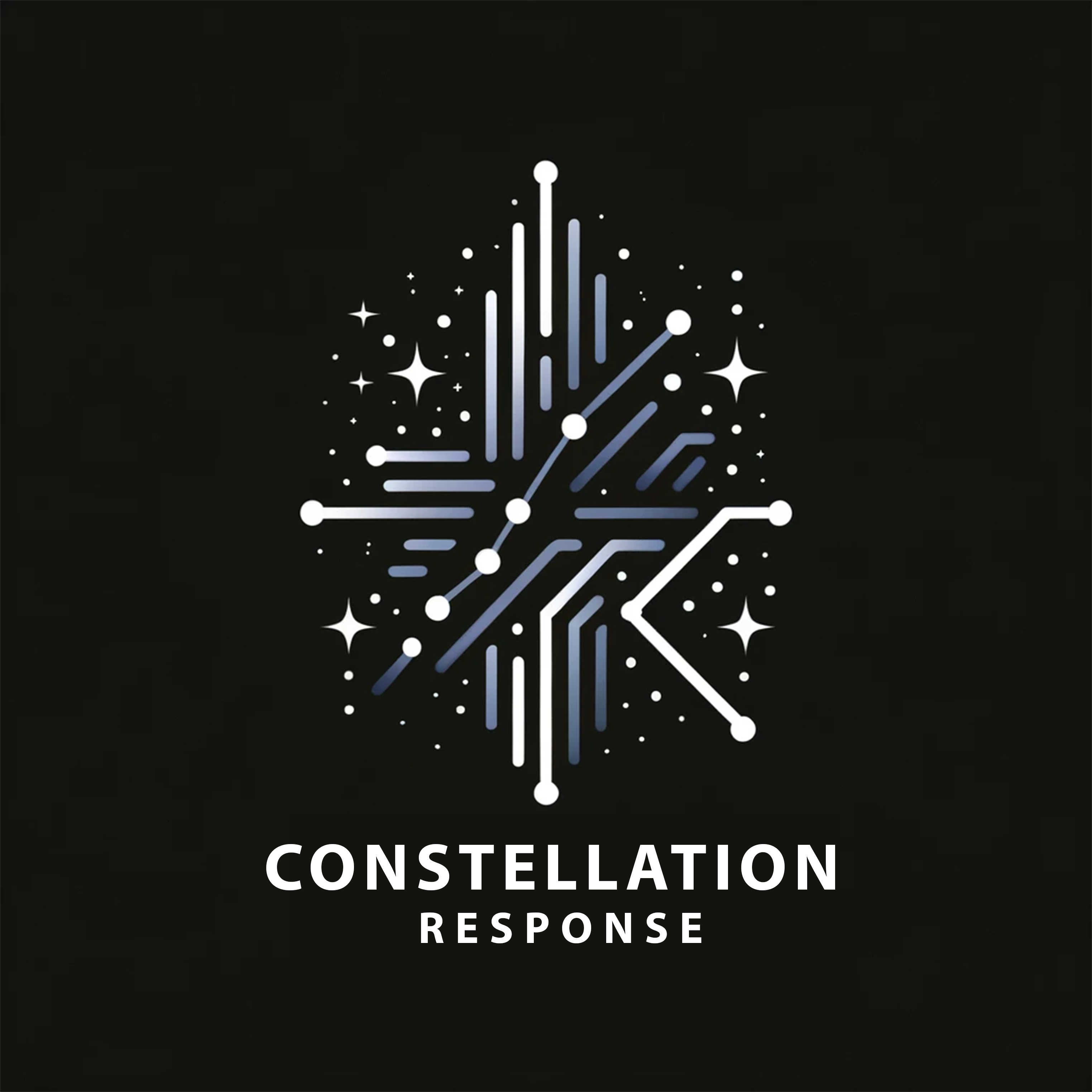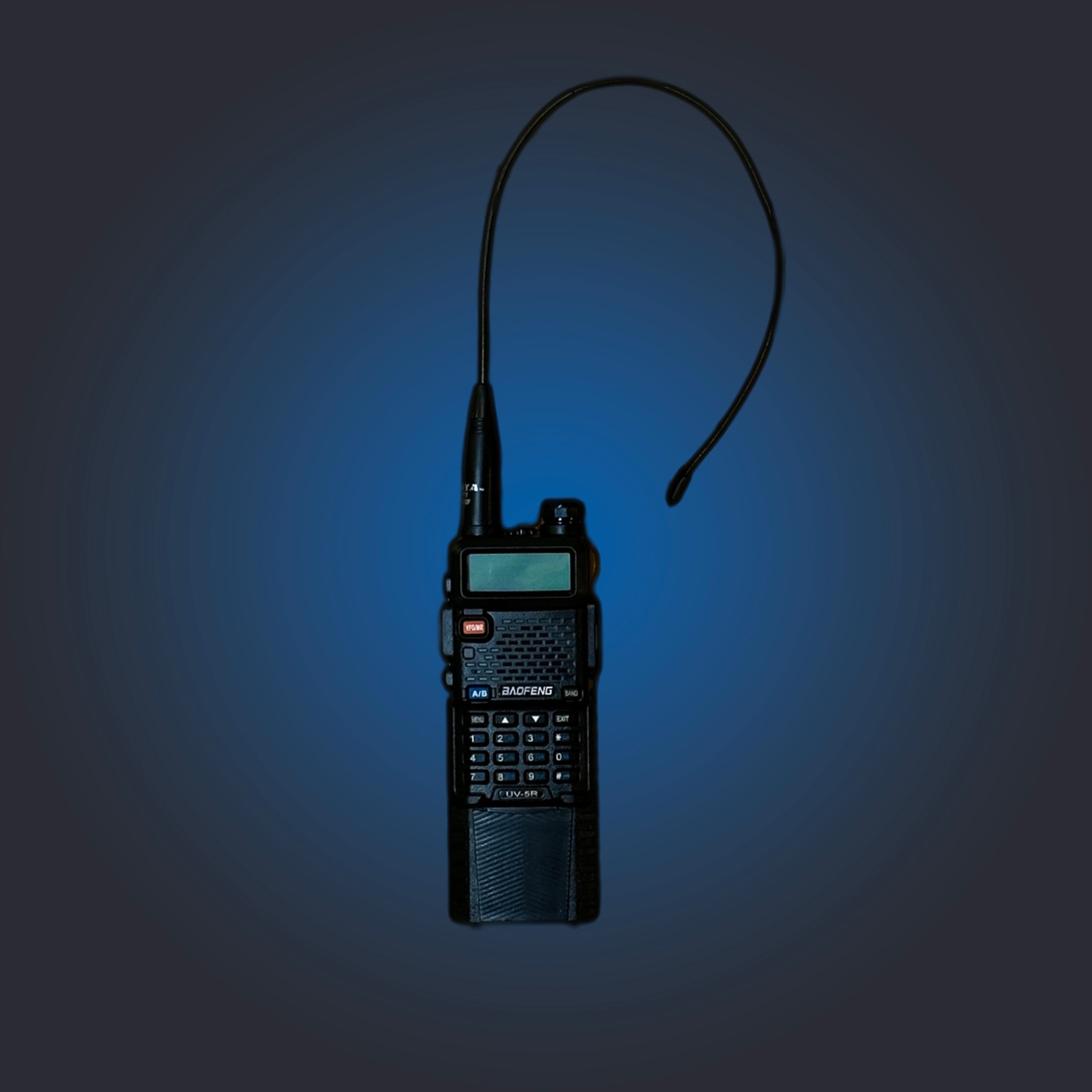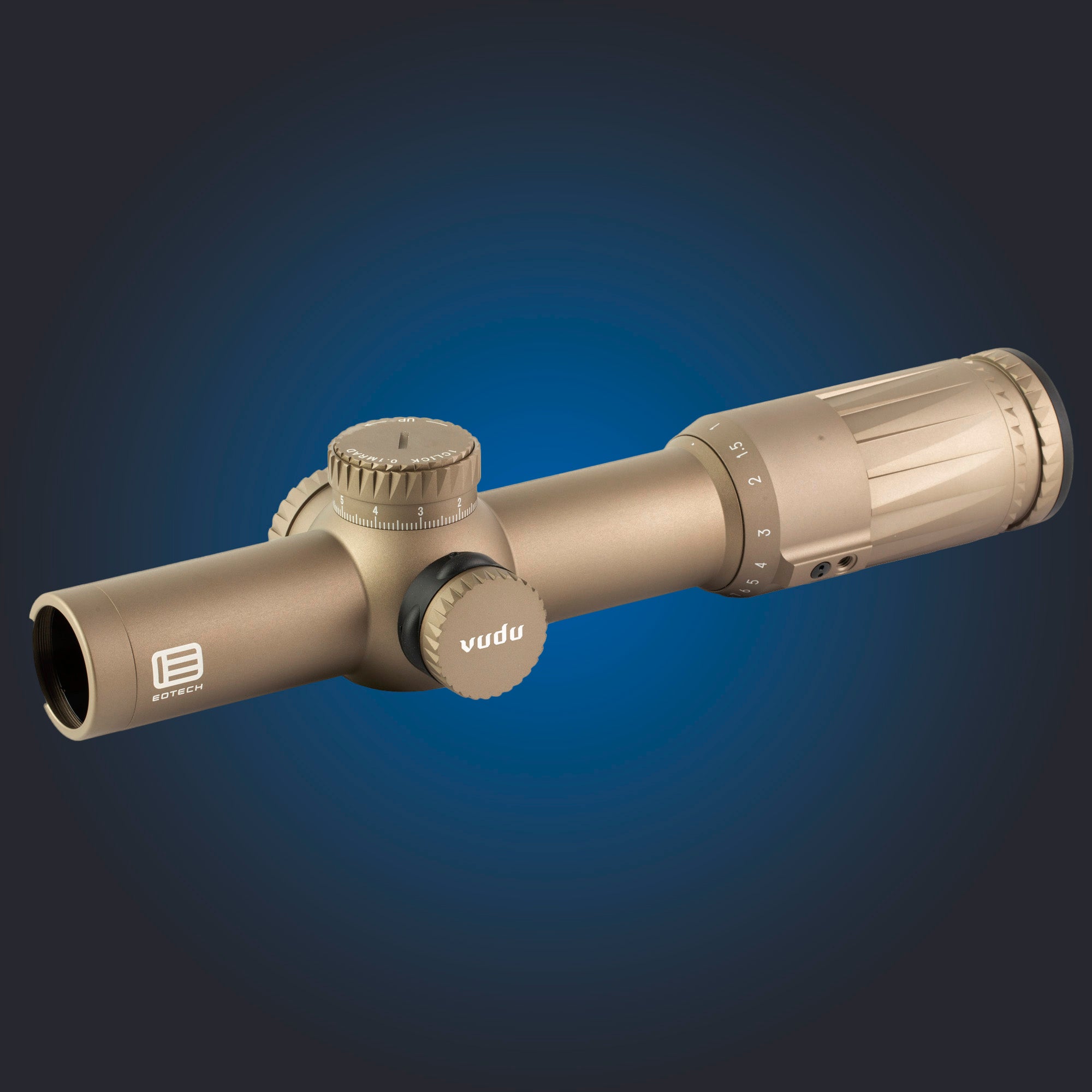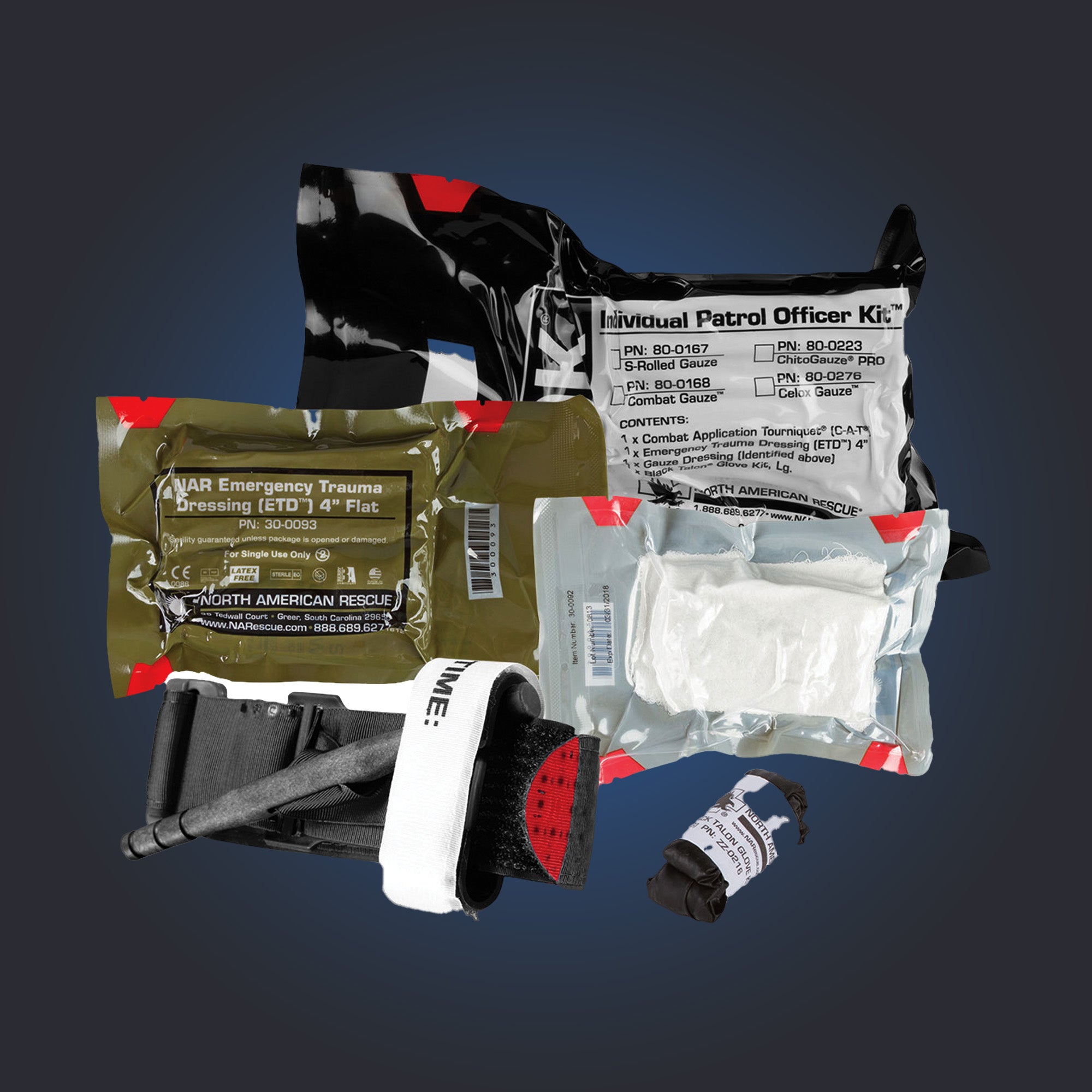Building community is a big theme in the gun / tactical community right now. Most of it starts and ends with "go to Church," which - is great advice but only one way to start activating your community. Can radios be another way? Let's see in our second part of our #NothingButNets series.
So yesterday, we talked about nets - and how they're the killer app when it comes to radios. A net is any time three or more radio operators (or "stations" in radio-speak) are talking over the air to each other, and setting up an emergency net in your neighborhood might make a massive difference in a disaster.
First thing you and your neighbors will need are radios. The likelihood that 100% of your neighbors are going to do this step is low, but even a small net of 3 or more neighbors can still be effective.
Pitch the idea in person a few times to some of the neighbors you are closest with, the post in a neighborhood Facebook group with something along the lines of
"[[these neighbors]] and I are all investing in radios in case we have a natural disaster and cell service goes out. We're buying these radios [[link]] and they need this license [[link]]. It's very easy to get involved, and we'd love for you to join. Also, follow Constellation Response on Facebook and Instagram for guides on how to use them."
When it comes to radio choice, we highly recommend using GMRS for this. GMRS strikes a good balance between power / range / barrier to entry. You should still test your radios to make sure they cover your whole neighborhood, but GMRS is a great way to start.
And for those who missed our licensing thread, here's a link to get a GMRS license. Get an FRN number and then hit "apply for new license": https://wireless2.fcc.gov/UlsEntry/licManager/login.jsp
Then it's simply filing some paperwork with the FCC and paying $35. Easy.
Next, decide on some rules for how your net will operate. Is it going to be more formal (directed) or informal? When will it meet? Do you have emergency protocols? All worth considering, but here are a few guidelines you can play with:
1) Emergency monitoring: At least one person on the net should listen to an emergency channel at all times. Let's call this channel 1 in your plan, and can be the GMRS channel 1.
2) Regular meetings: Keep this simple, but establish with your community when they can coordinate non-emergency needs. Right after a disaster, you could do this every three hours on Chennel 3 from 9 am - 9 pm.
If that cadence is too frequent, you could dial it back to 3x a day, at 9 am, 12 noon, and 9 pm. Again, these are guidelines, and you should modify them to suit your needs.

Some other considerations - Is your net directed or undirected? Undirected could be more expedient, but directed will also give you good information that might have been missed.
In an undirected net, someone simply tunes into the channel at an appointed time, and waits for others to call in.
A directed net will require a little bit of work on the part of the Net Control Station (and if you're reading this, that's probably you.) But it is worth it. Here's an example of an agenda for a directed net for your neighborhood.
- Meeting is called to order by the NCS
-
NCS asks if anyone listening has an immediate emergency
- If so, go handle that.
- If not, proceed to the next step
- Roll call - read down a list of every house that has a radio, and see if they are present. If not, take note.
- Open up the channel for anyone who might have missed role call to let themselves be known, or anyone who is not normally part of the net to dial in
-
Net business.
-
this is where you open it up for your community to get help. Some examples could be
- One of your neighbors is without power but needs to keep medication refrigerated. Can anyone help?
- Some of your neighbors are working to clear debris from the street and need a chainsaw, anyone got one?
- "One of our neighbors missed roll call. Has anyone seen them?"
- etc
-
this is where you open it up for your community to get help. Some examples could be
- Wrap up the net meeting, and remind everyone that they have some people monitoring channel 1 in case of emergency
That might be a lot to remember, and it is. But you can print out a guide for how to run these nets along with a list of the call signs and houses that are part of your net so you can do a role call. Easy.
More considerations: Multiple radios. You might want to grab a couple of radios if you intend to leave the house and cell service is down. GMRS covers your whole household, so your spouse and your kids are even covered by your license.
Keep communicating with your neighbors. Remember the PACE plan - if your primary way to keep up with your neighbors is via a facebook group, post in there when you are expecting inclement weather and remind everyone about the net.
Lastly, test your radios. Not just for range around your neighborhood, but once a year or so, practice the net.
Winter weather is the biggest threat to our neighborhood, so mid-October is a good time for us to have everyone tune to channel 3 and make sure their batteries are charged and their radios are working.
If you neglect a radio for 5 years in your closet, chances are it won't be ready when you need it.
And that's all there is. Feels like a lot, but building community requires some effort. And there is nothing that will make stronger ties that bind than bringing everyone together when a disaster strikes.
Join our Constellation by following us and building stronger, safer communities.




